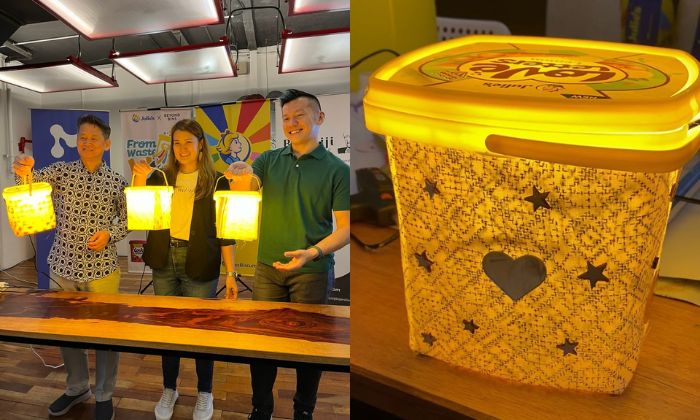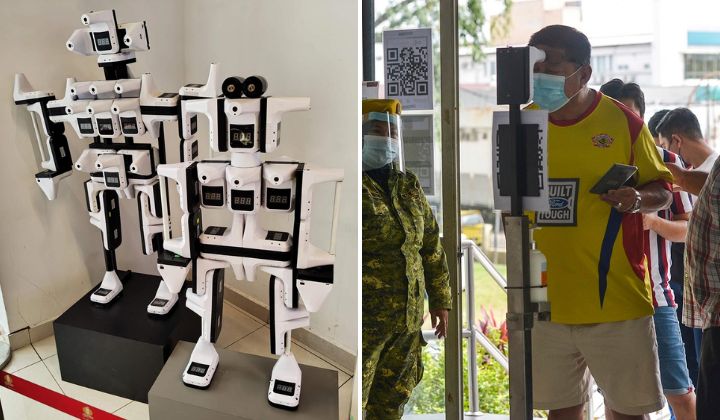Malaysia’s Annual E-Waste Production Weighs More Than KLCC?!
Project ERTH changes the way we view e-waste for better and safer e-waste disposal.

Subscribe to our Telegram channel for the latest stories and updates.
Tucked somewhere in your home or around the office, there’s probably a box, a cabinet or that one room that’s become a graveyard for all kinds of discarded electronics — filled with a bunch of old cables, a few outdated phones, unused TV screens and monitors, or some dead appliances that no one knows what to do with.
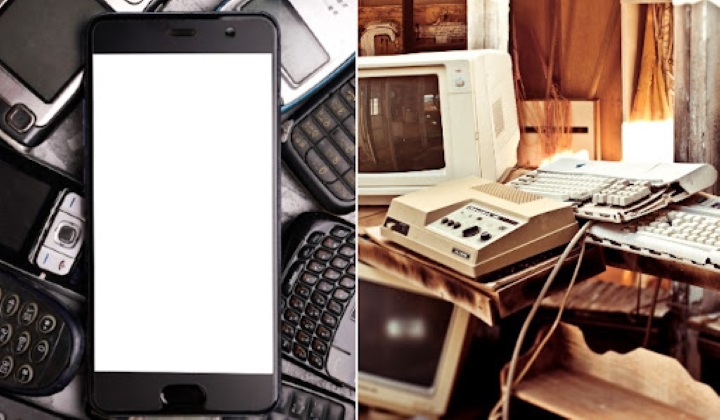
Although most people would consider these things as junk, electronic waste or e-waste is more valuable than people think.
This is where efforts like Project ERTH come into play to change people’s perceptions of e-waste. Because, despite its potential value, a lot of e-waste still ends up being thrown away into garbage bins and ultimately finds its way to landfills.
This practice is not only super wasteful but is also very much a danger to our very existence.
It’s been estimated that Malaysia produces more than 365,000 tonnes of e-waste every single year — That’s heavier than the weight of the Petronas Twin Towers!
Project ERTH provides everyone in the Klang Valley the convenience of free pick up and collection that lets you effortlessly trade your unwanted electronics for easy cash.
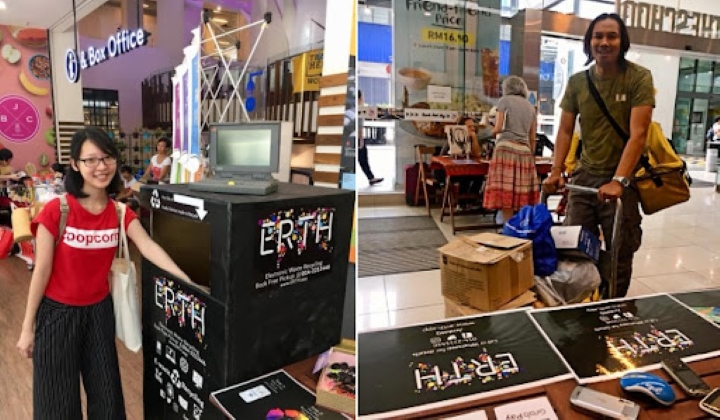
Inside any old, broken, obsolete, unused and unwanted piece of electronics lies a treasure trove of technology and precious materials that can be reused, repurposed and recycled.
Commodities such as copper, silver, palladium and even gold can be extracted and recycled from wires, circuit boards and motors that make up most electronic products to be later reused and remade into an assortment of items.
There are even crafty people out there who’re turning metals mined from discarded e-waste into fashionable pieces of jewellery — literally turning trash into treasure.
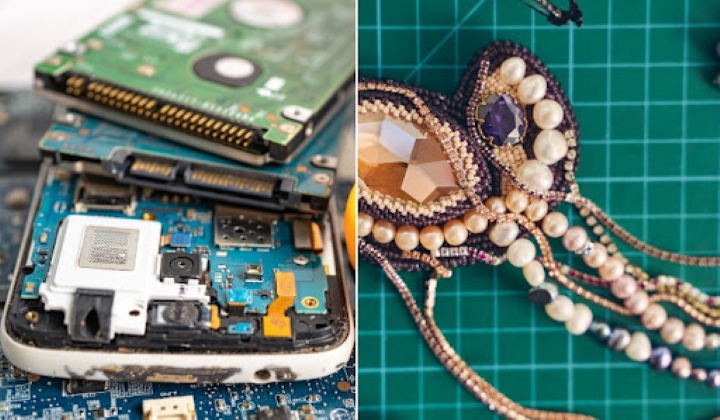
But more importantly, most e-waste can contain a deadly cocktail of toxic and harmful substances like mercury, lead, cadmium, arsenic and other nasty stuff that, if not properly disposed of, can leach into the soil where we live and grow our food, the water supply that we drink and bathe in, and the very air that we breathe.
Improper management of e-waste also directly affects the well-being of many marginalised communities in different parts of the world — especially those who make a living processing toxic e-waste in unregulated conditions.
Additionally, the raw materials used to make brand new electronics are being extracted from a finite supply of resources that we have here on Earth — a practice that is both unsustainable and harmful to the environment.
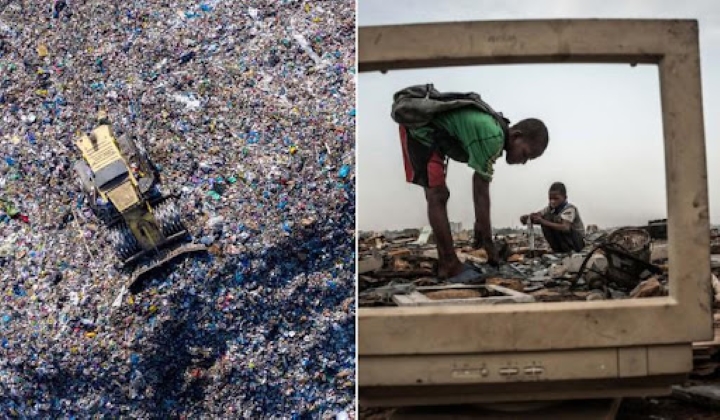
This is why we must rethink how we look at our e-waste and ensure that it is properly taken care of.
Waste not, want not!
The best way to get rid of outdated and unwanted e-waste is to breathe new life into em’.
Repurposing old but usable devices like smartphones, tablets and screens into things like digital photo frames, makeshift security cameras or even a Cyberpunk-esque wall art can extend the usefulness of your unwanted electronics.
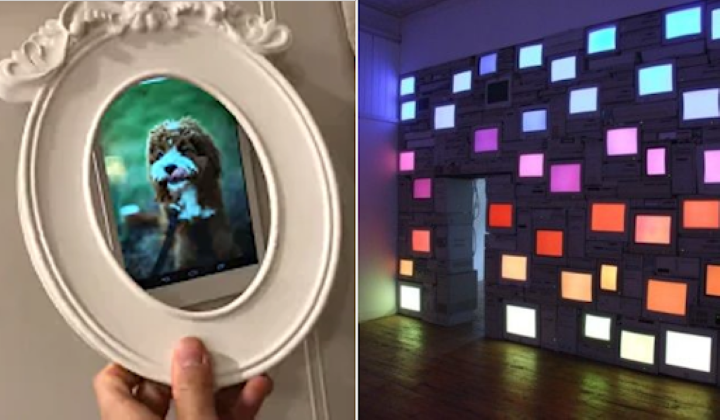
Donating your unneeded electronics is also a great way to sustainably let go of your e-waste to be used by those who need it.
But, the most economic and eco-friendly method of e-waste disposal is to send em’ off to regulated collection centres and recycling facilities.
Here, e-waste can be safely handled, disassembled, sorted and reprocessed into raw or unfinished materials to be reused in a range of industries.
As a trade-off, recycling your e-waste at these facilities can earn you some extra Ringgit in return, which is an absolute bonus!
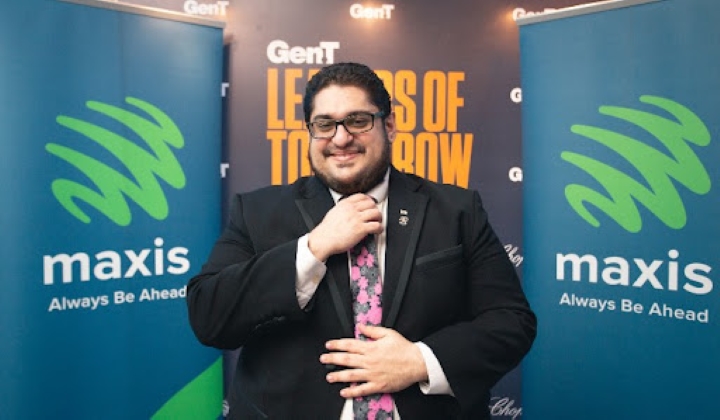
Project ERTH’s founder Mohamed Tarek El-Fatatry recently became the winner of the first-ever Maxis Awards — a campaign that supports and gives credit to Malaysian-based changemakers for their outstanding efforts in bringing positive change to our local communities.
Together with Maxis, Project ERTH aims to not only promote proper e-waste collection but also accelerate reuse-and-recycle efforts across the country through its on-demand recycling service — making the whole process safe, easy and rewarding for everyone.
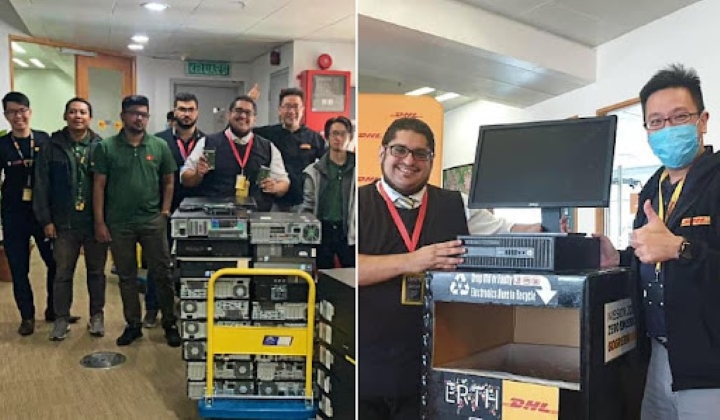
To kickstart the partnership, Project ERTH will be adopting Maxis’ mWorkforce solution into its system to better manage, track and boost their e-waste collection operations to optimal efficiency.
Through mWorkforce, businesses can communicate, collect data, track the attendance, locations and workflow of their field workers in real-time and have access to a secure, seamless and fully customisable system to increase performance and productivity at affordable prices.
Head over to the Maxis Awards webpage HERE, or watch the video below to learn more about Project ERTH and the company’s plans as the first Maxis Awards winner.
Share your thoughts with us via TRP’s Facebook, Twitter, and Instagram.
Typing out trending topics and walking the fine line between deep and dumb.


